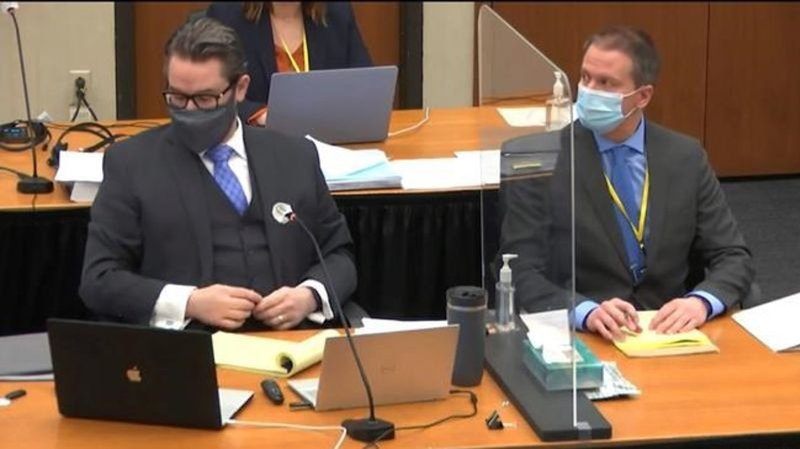
Judge refuses request to acquit Chauvin in Floyd’s death
MINNEAPOLIS — The judge at Derek Chauvin’s murder trial Wednesday turned down a defence request to acquit the former officer in George Floyd’s death, rejecting claims that prosecutors failed to prove Chauvin’s actions killed the Black man.
Judge Peter Cahill pressed on with the case after Chauvin attorney Eric Nelson said the prosecution’s expert witnesses gave conflicting opinions about what caused Floyd’s death after the 46-year-old was pinned under the white officer’s knee for what authorities say was 9 1/2 minutes last May.
Nelson also argued that the state failed to establish whether there was a use of force and whether it was reasonable.
Prosecutor Steve Schleicher countered by saying the state has proved that Chauvin’s use of force was unreasonable and has introduced evidence that “clearly established that the defendant’s conduct was a causal factor in bringing about Mr. Floyd’s death.”


